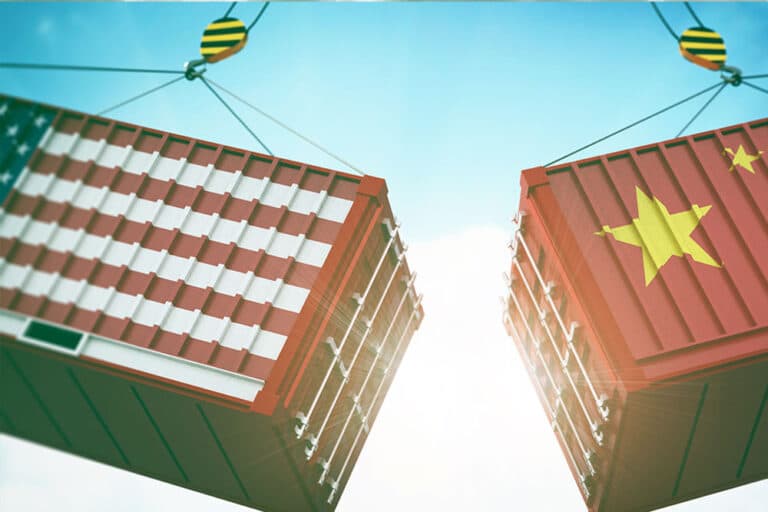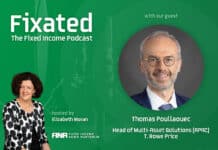
Markets rumbled the White House. The sharp drop in US equity market value – which of course means a sharp drop in US household wealth – and the rise in bond yields when recession odds were shortening, has provoked Donald Trump to backtrack. Most of the tariffs announced on April 2 have been postponed. What is left account for a hotchpotch of inconsistencies mostly reflecting a rabid antipathy towards China. Policy making on the hoof is not good for investors (or business leaders, or consumers) and if there are new twists to the story – which is certainly not 4D chess – another stock and bond rout is likely. But, today, markets are trading like they smell further retrenchment of anti-globalization. The threat of recession because of a devastating loss of wealth and confidence and the very rare coincidence of rising Treasury yields and a falling dollar made the President blink. If the US ends up with a tariff regime not very different from where it was when all this started, equity and bond volatility can subside and foreign investors might not think they have to reduce exposure to the US any further.
This could be wishful thinking, however. Even though we have seen the power of the markets to restrict the most extreme policies being implemented, uncertainty and the credibility deficit will remain. We are yet to see how the real economy has been impacted by recent chaos and market moves, but the vibes are not good. If, after the 90-day cooling-off period, Trump resorts to the punitive tariff proposals made on April 2, markets will again push to trigger the “put”. Next time, however, it will be much worse as another backtrack will shatter what remaining credibility in economic policy Washington has, will almost certainly generate a sharp downturn in economic activity, and might even provoke the Fed into having to stabilize the financial system.
Also read: Global Asset Allocation: The View From Australia
Bad policy provokes markets. Markets, in turn, can provoke policy U-turns but the game of chicken benefits few in the end. Better to try and foster long-term economic growth, stable inflation, and a rules-based trading economy. Then markets can return to their job of growing wealth and supporting jobs. At the moment, the financial markets are the only checks and balances to US executive power. But this is a fragile peace. The bond and equity bear has been prodded by the tariff debacle; it roared. Prod it again and the reaction will be much worse.
































